Large differences among the recent increases in the cost of powering gasoline, diesel, and electric vehicles
Green Car Congress
JUNE 2, 2022
This post examines the recent changes in the costs of powering gasoline, diesel, and electric vehicles. The expectation was that the cost of electricity had recently increased much less than the costs of gasoline and diesel. The reason is that, in the United States, oil is used to generate less than 1% of electricity.


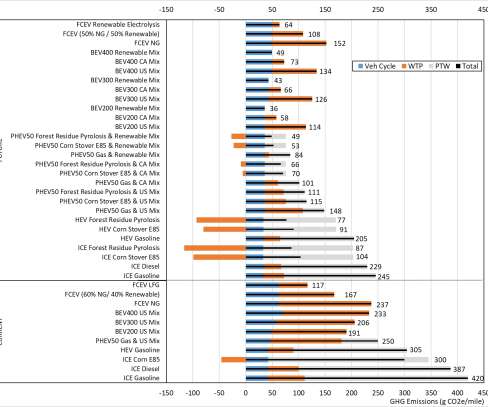


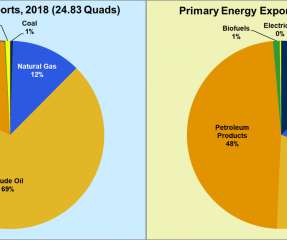

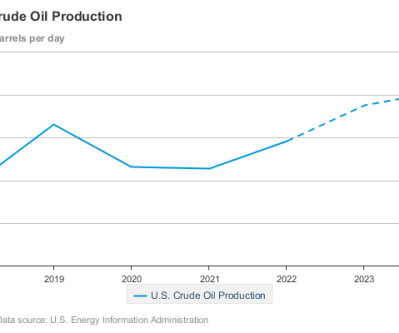
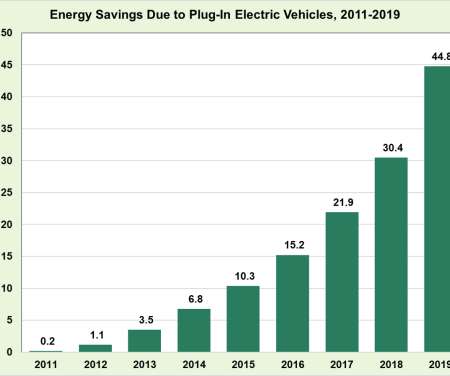
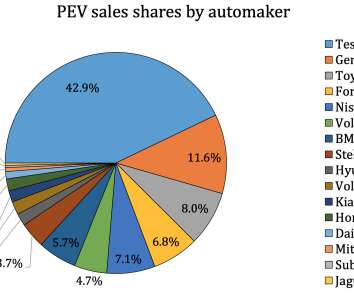



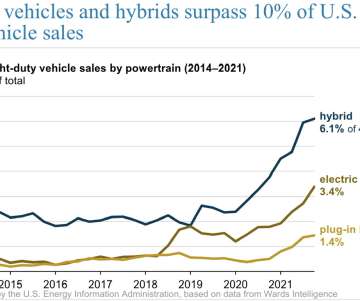

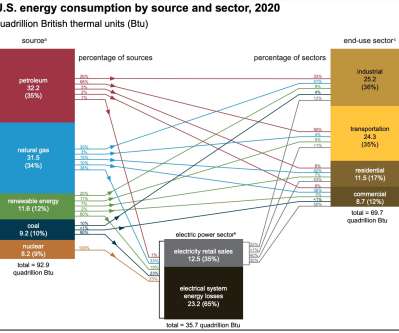
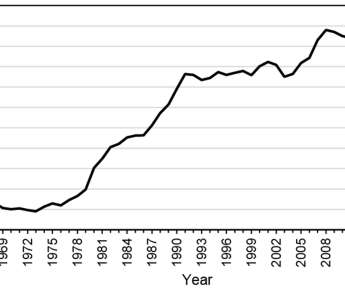






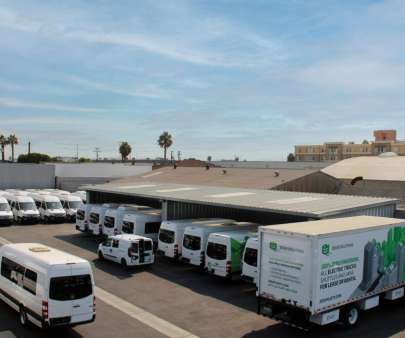




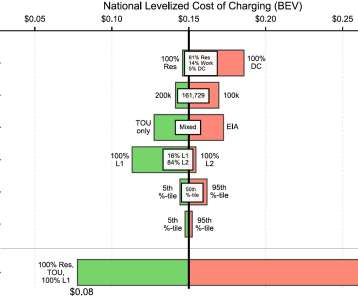















Let's personalize your content